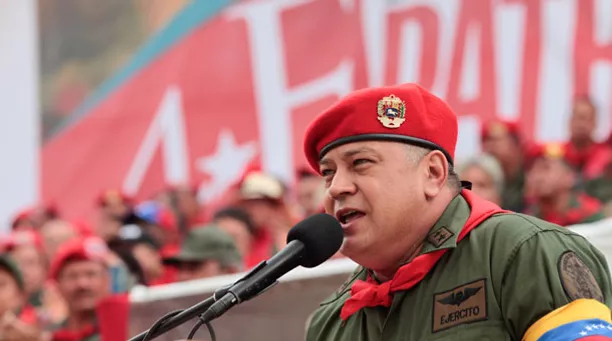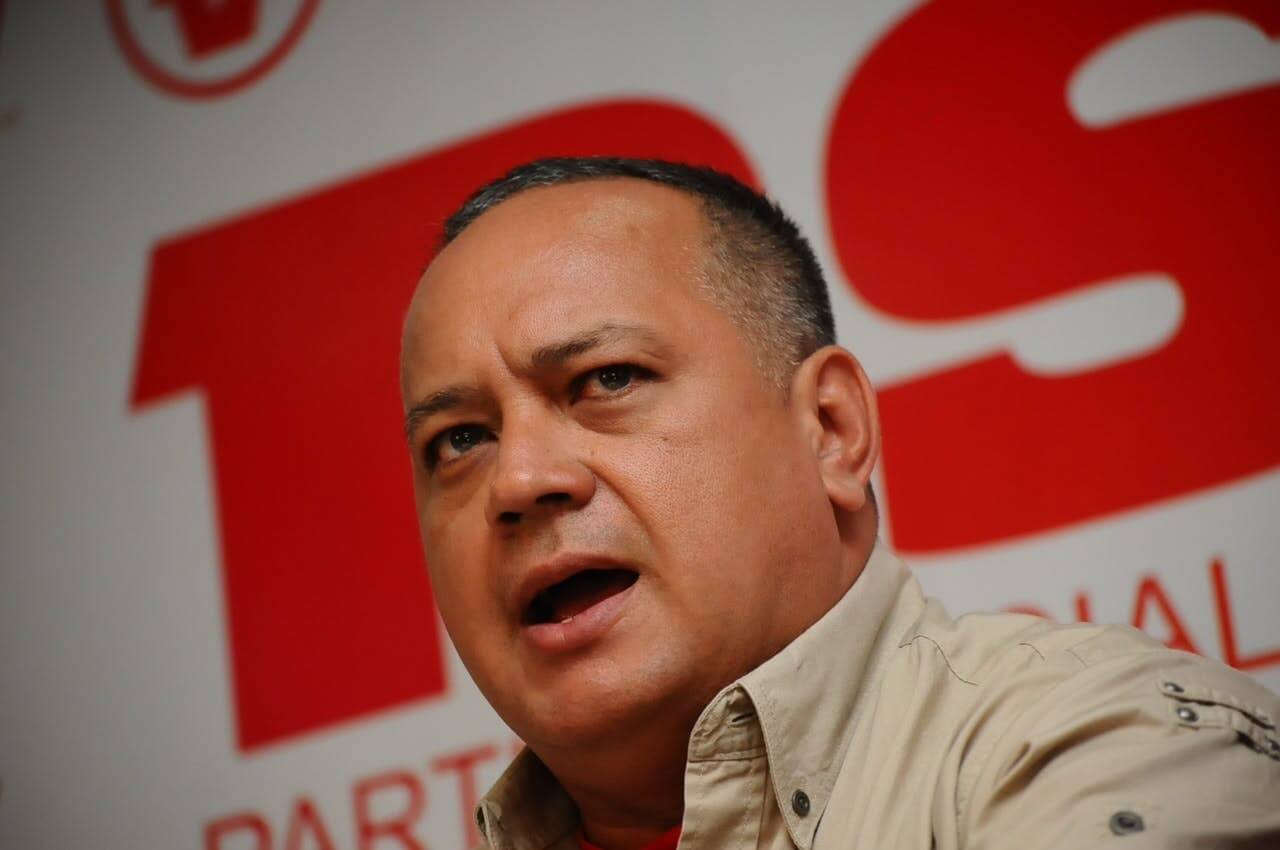In the case of the digital newspaper La Patilla—the only one so far served with the suit—Cabello is demanding $365 million in damages. The lawsuit arose after the Venezuelan media outlets chose to reprint an article originally published by Spanish newspaper ABC last January. The in ABC reported that Cabello’s former head of security had accused him of being the leader of a criminal drug trafficking ring.

“Venezuela’s authoritarian regime now holds the record for the filing of the largest libel lawsuit by a public servant—$365 million—in history, an infamous record that until recently belonged to Ecuadorean president Rafael Correa, who sued El Universo newspaper for $80 million for publishing an opinion piece that called him a dictator,” said Thor Halvorssen, president of HRF. “Once again, the Venezuelan government has made it clear that the few independent media outlets left in the country have only three options: extinction, exile, or bankruptcy,” said Halvorssen.
On January 27, 2015, the Spanish newspaper ABC published an investigative report in which it claimed that Leamsy Salazar—the former head of security for President Hugo Chávez and, until recently, the head of security for Diosdado Cabello—had escaped to the United States and was providing information to the U.S. Attorney's Office for the Southern District of New York in relation to a drug trafficking operation conducted by a criminal organization led by several Venezuelan army generals. According to the article, the group, known as the “Cartel de los Soles,” was controlled by Cabello, as well as by other high-ranking military officers in the government of Nicolás Maduro.
On April 23 of this year, Cabello filed a criminal complaint for libel against 22 people, under Article 442 of the Venezuelan Criminal Code. Among the accused are journalistMiguel Otero, president and editor of the newspaper El Nacional; Teodoro Petkoff, director of the newspaper Tal Cual; and Alberto Federico Ravell, director of the digital newspaper La Patilla. The complaint also included the “owners, directors, editorial boards, and stockholders” of all three news outlets that reproduced the ABC article. Cabello announced last week that, in addition to the criminal complaint, he had also filed a civil lawsuit for “moral damages” against the same newspapers. According to information published in La Patilla, the suit amounts to one billion bolívares fuertes. This sum, with the addition of legal fees and expenses, would be equivalent to $365 million (at the official exchange rate).
“In the case of El Nacional, Diosdado Cabello’s attack is epically ironic, considering that editors and directors of that newspaper were for a time members of Hugo Chávez’s cabinet. Even today, Miguel Otero’s wife provides paid PR services to crooked government contractors who are infamous for censoring corruption scandals that involve Cabello himself,” added Halvorssen.
“According to the International Covenant on Civil and Political Rights signed by Venezuela, states may not criminalize the reproduction of information provided by third parties, and may not impose disproportionate civil penalties, as these have an inhibitory effect on freedom of expression,” said Javier El-Hage, general counsel of HRF. “The crime of ‘defamation of public officials’ is a broad and vague offense aimed at preventing even the most basic types of investigative journalism. The criminal accusation and excessive civil lawsuit filed by the president of the National Assembly violate international human rights law, so they should be dismissed,” said El-Hage.
The Human Rights Foundation (HRF) is a nonpartisan nonprofit organization that promotes and protects human rights globally, with a focus on closed societies.
Contact: Jamie Hancock – Human Rights Foundation, (212) 246-8486, [email protected]
